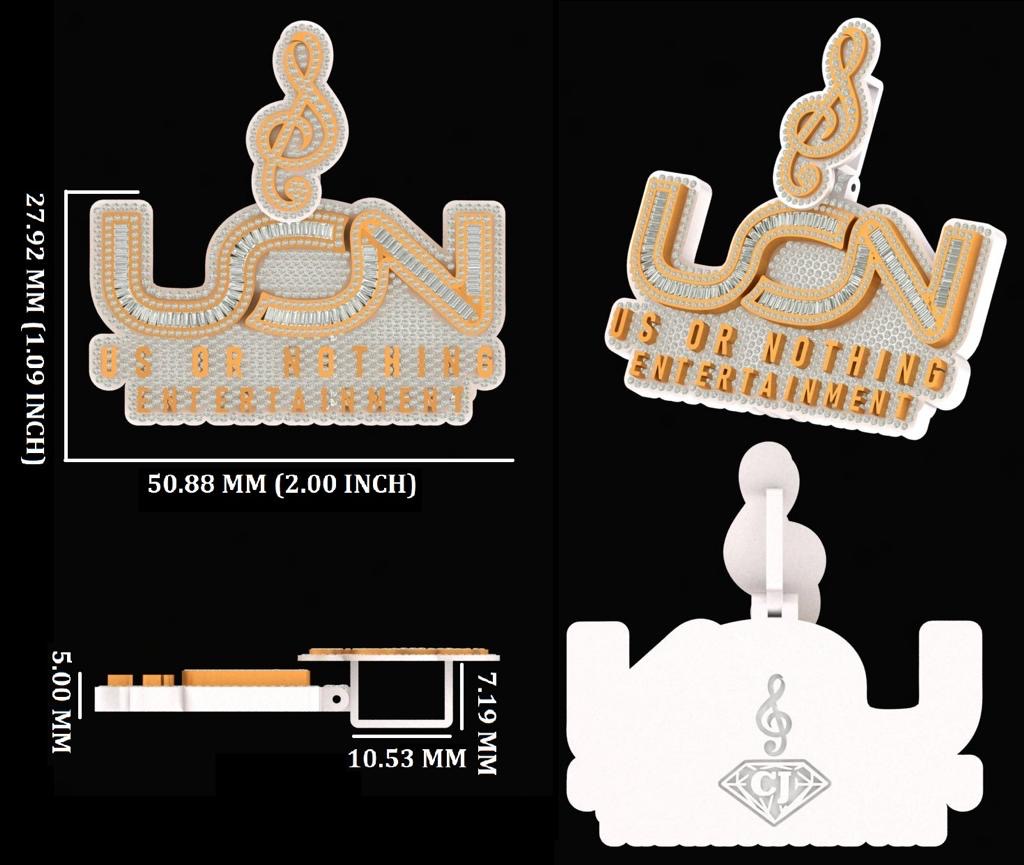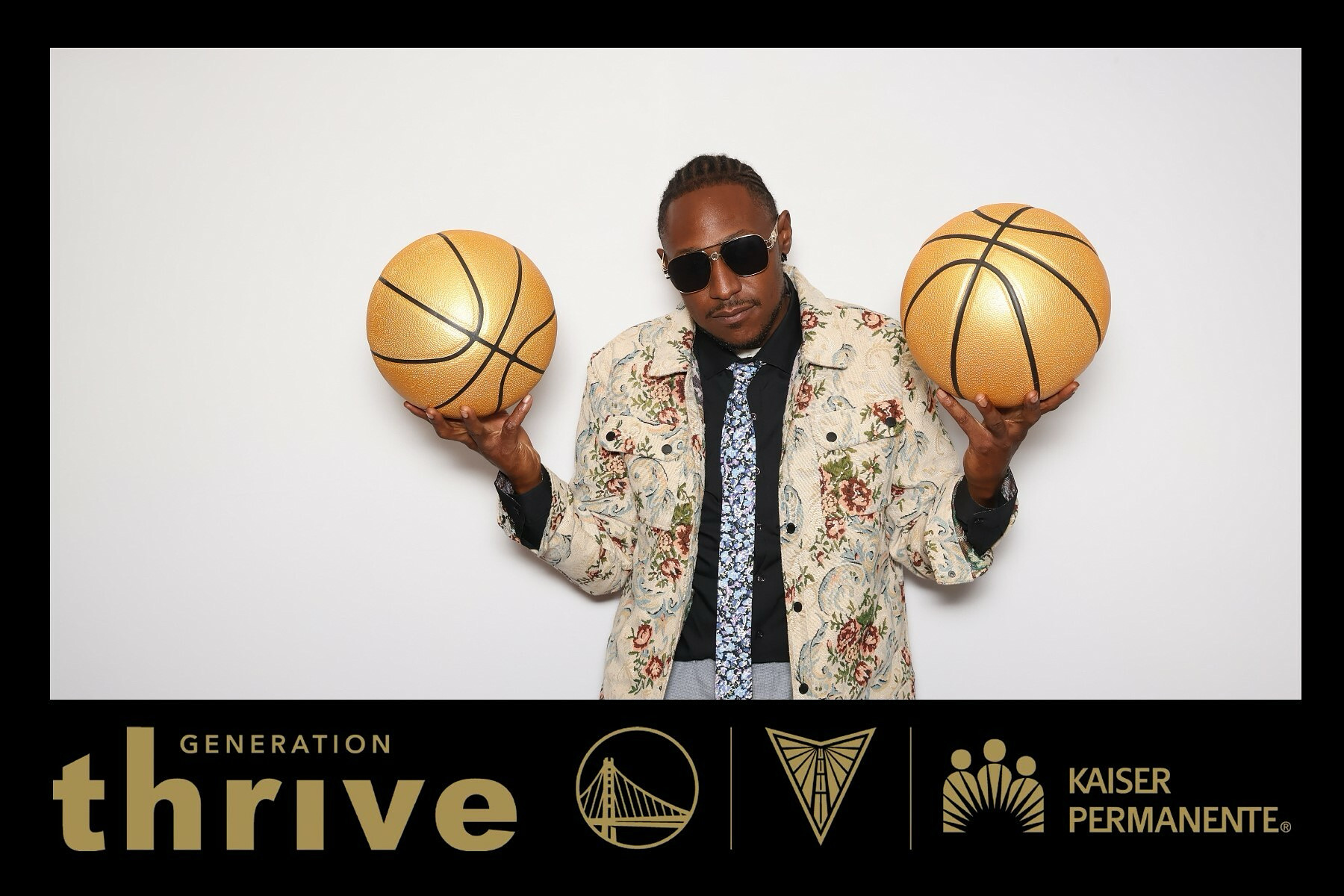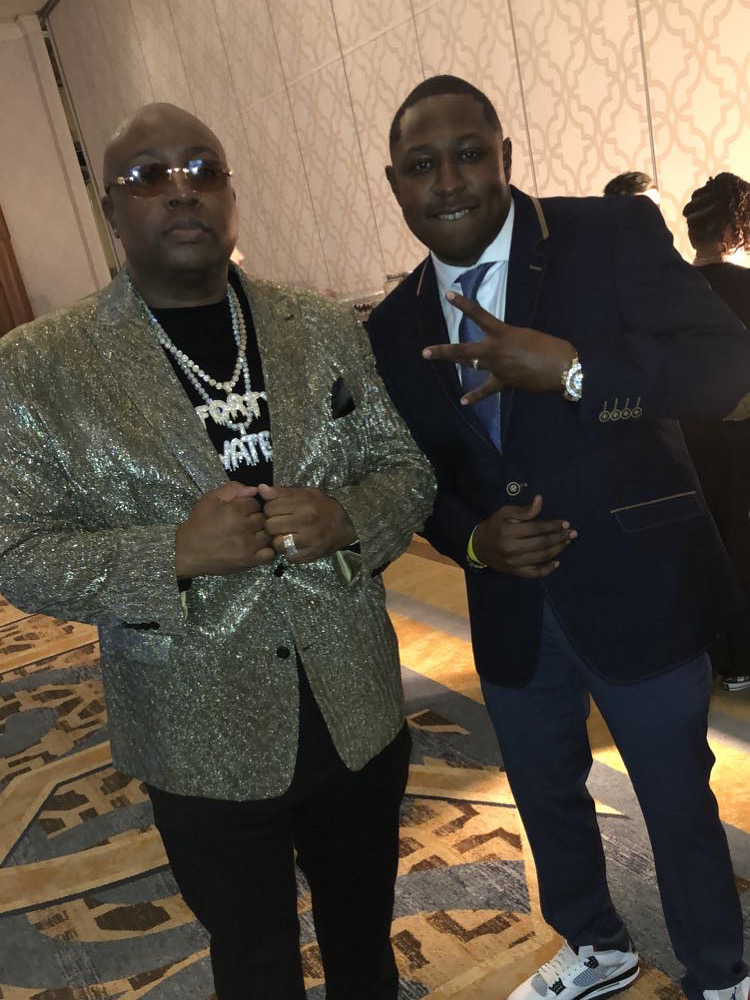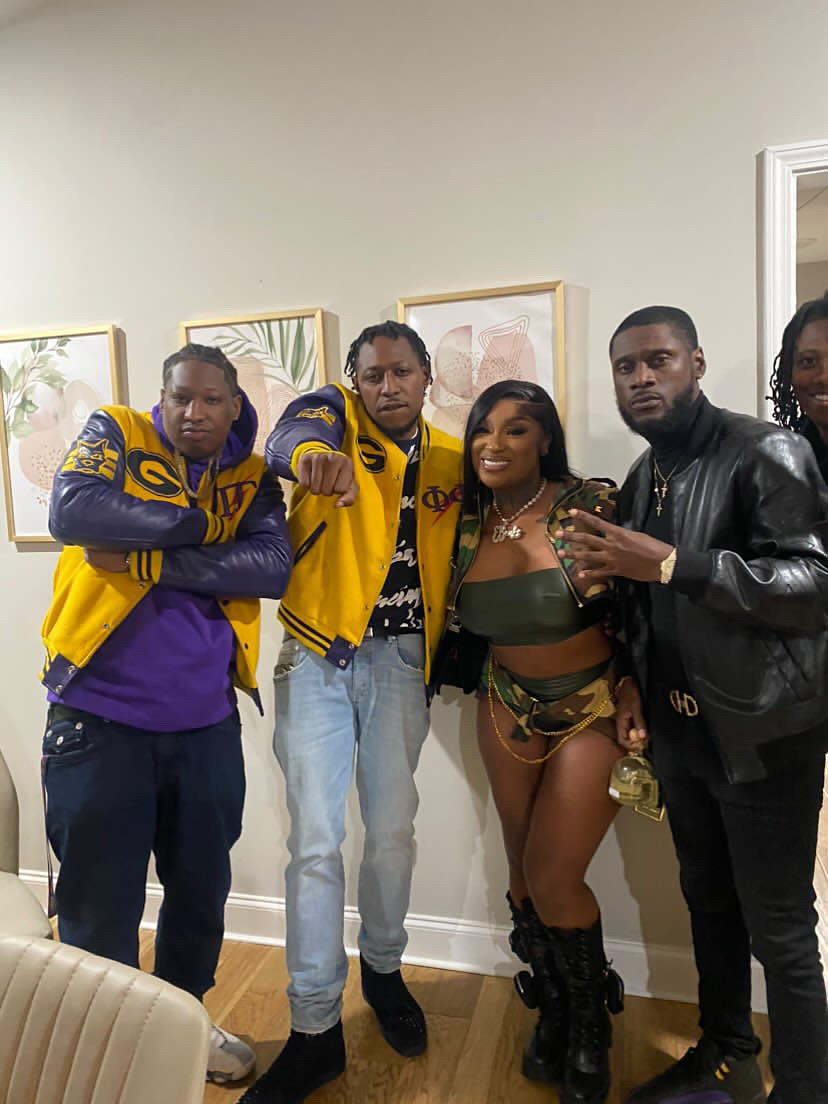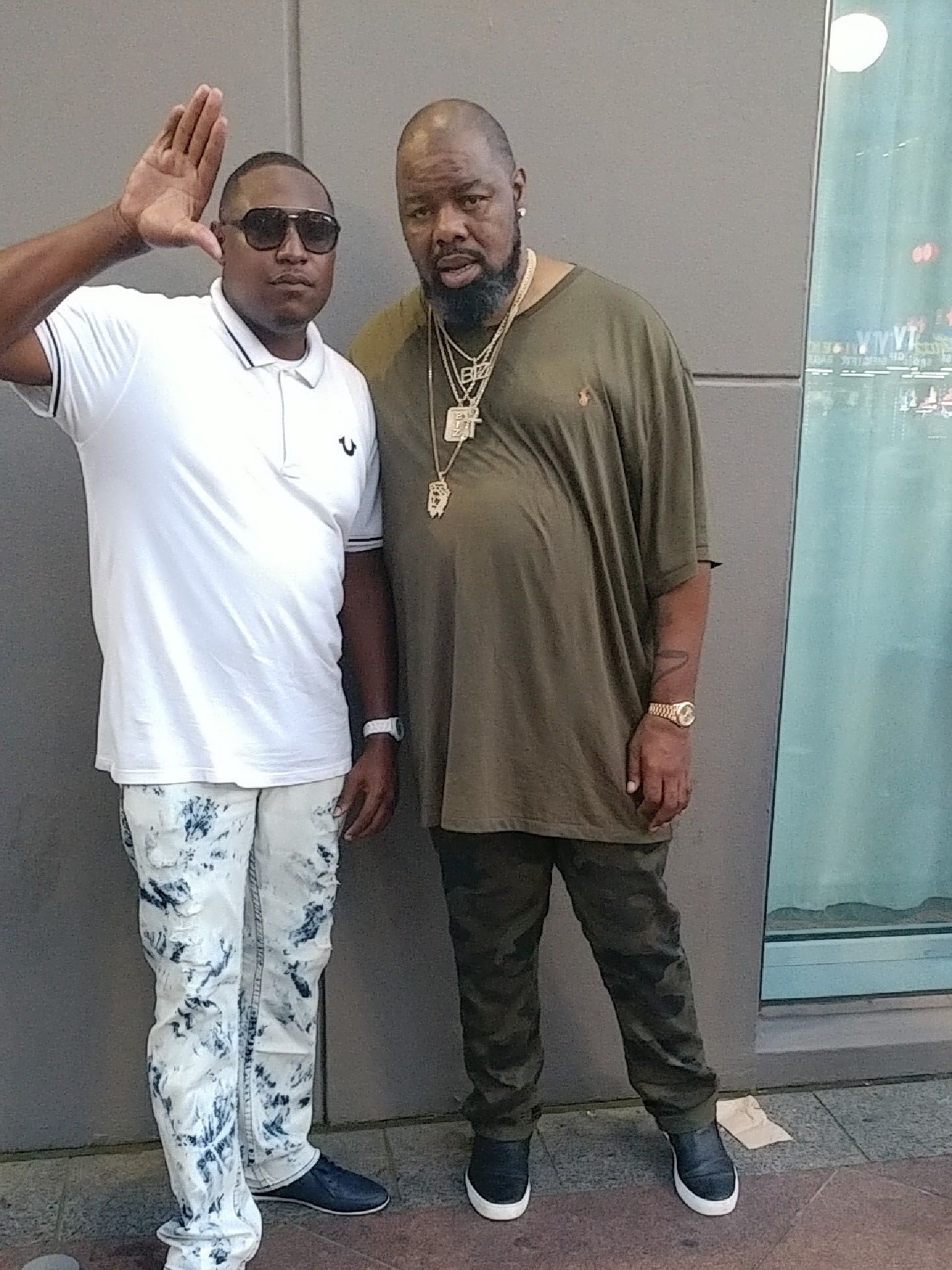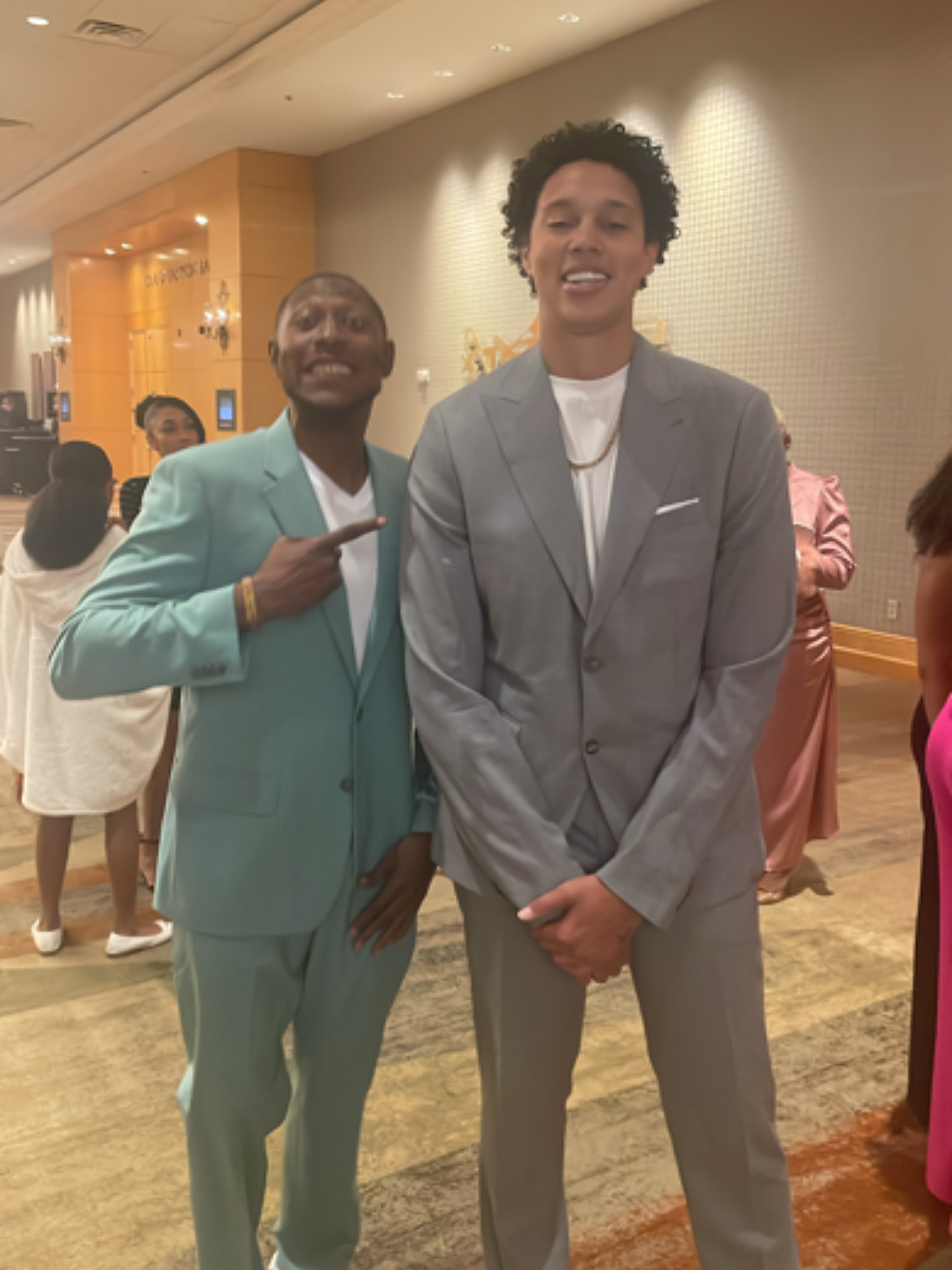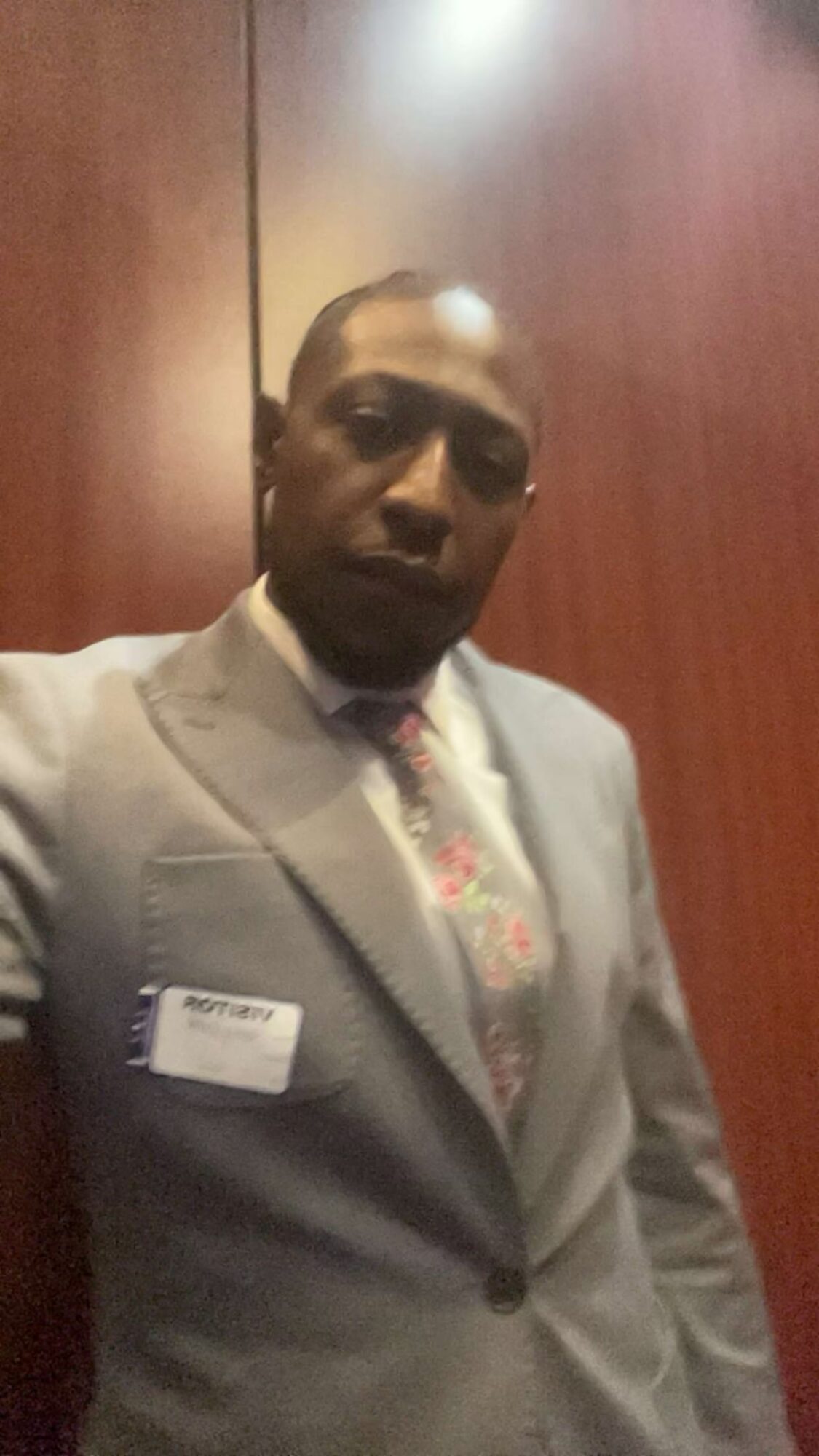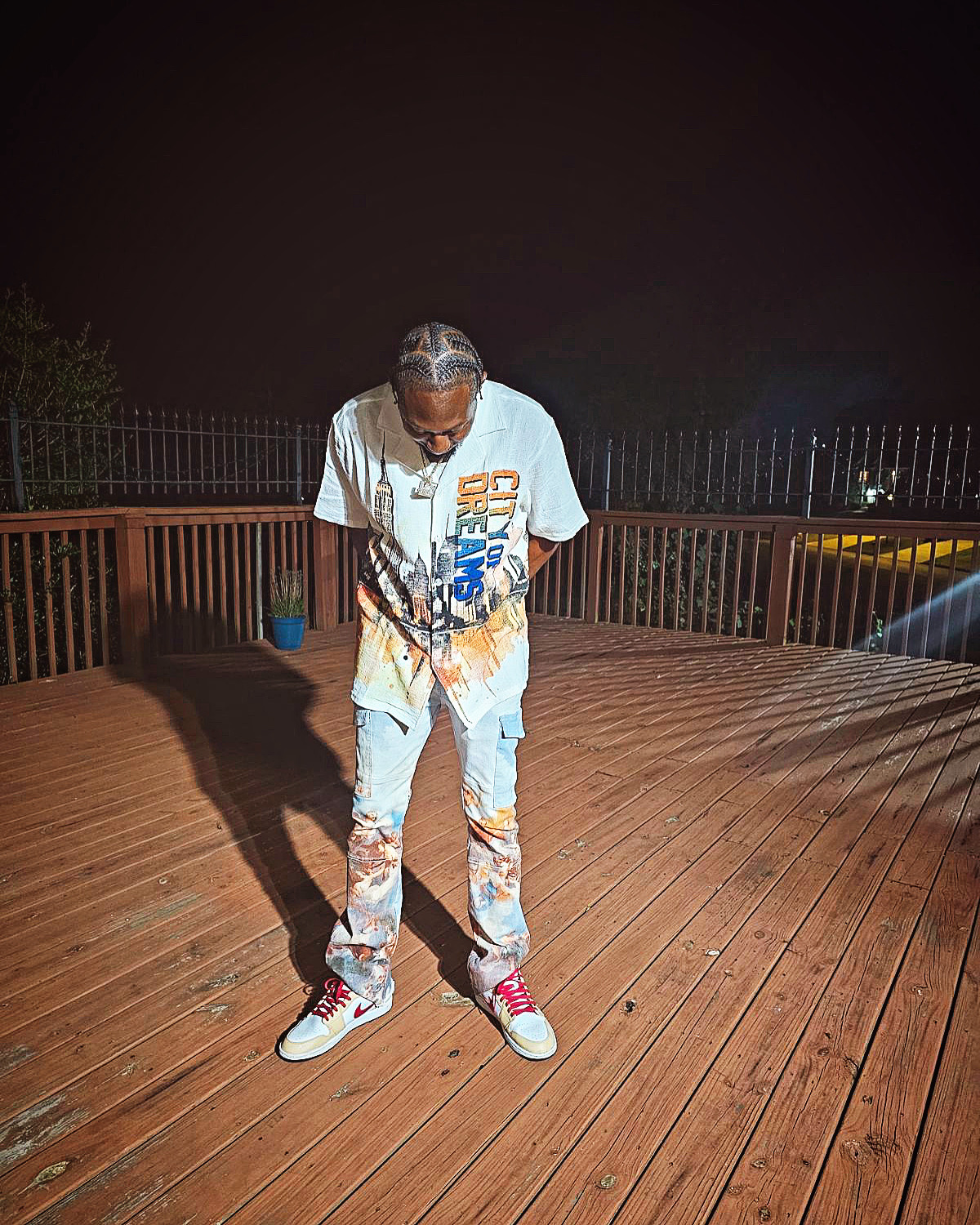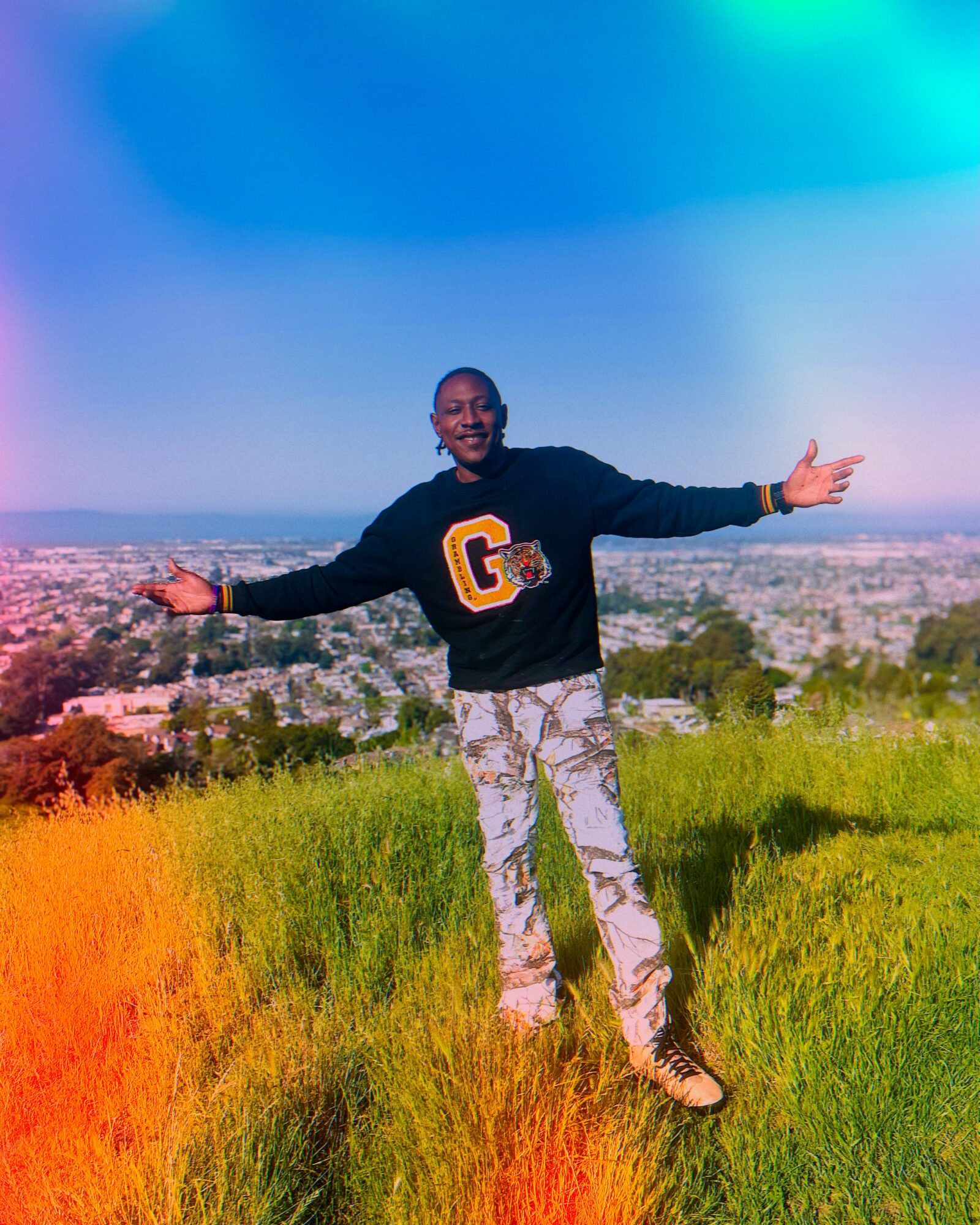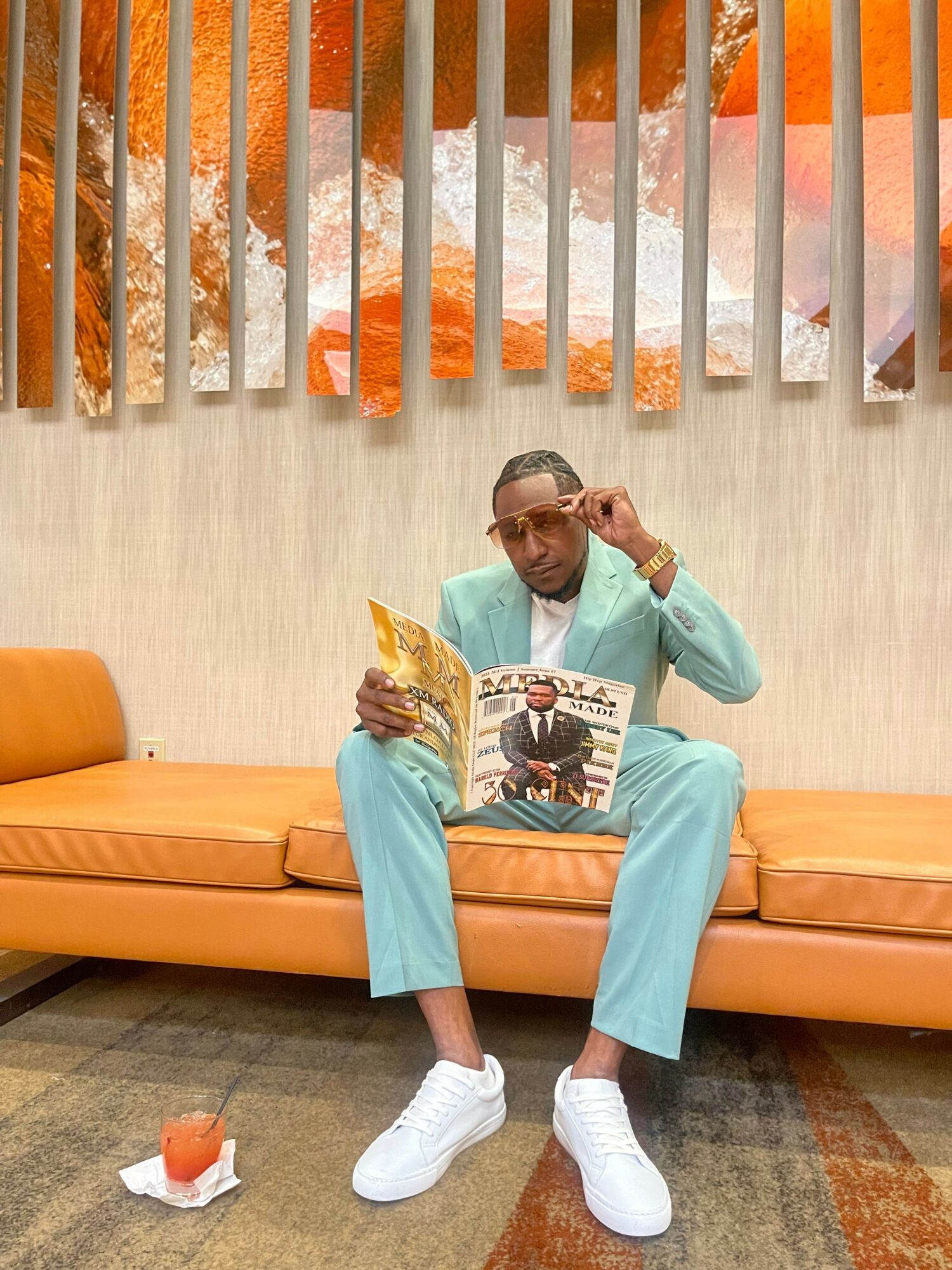

We recently had the chance to connect with Semaj’ White and have shared our conversation below.
Hi Semaj’, thank you so much for joining us today. We’re thrilled to learn more about your journey, values and what you are currently working on. Let’s start with an ice breaker: Have you stood up for someone when it cost you something?
Yeah, I’ve stood up for somebody when it cost me something—and I’d do it again. For me, that moment was less about the loss and more about my values. I grew up believing that silence in the face of injustice makes you complicit, and as a Black man navigating spaces where our voices are often minimized, I knew I couldn’t let that happen on my watch.
There was a time I risked a professional relationship because I refused to let a young brother be labeled as “unreachable.” I saw his pain for what it was—systemic weight, generational trauma, and a lack of folks who actually listened. When I spoke up, it wasn’t popular. I was told I was “too invested,” “too emotional,” even “jeopardizing neutrality.” But neutrality doesn’t heal; empathy does.
What it cost me was comfort, status in the eyes of some, maybe even opportunities that would’ve been “easier” if I’d played along. But what it gained me was alignment—with my purpose, my people, and my integrity. At the end of the day, I’d rather be remembered as someone who lost a little for standing tall, than someone who gained everything by looking away.
Can you briefly introduce yourself and share what makes you or your brand unique?
My name is Semaj White, and my story starts in Los Angeles, California’s Crenshaw District—a community that shaped my resilience, creativity, and sense of responsibility. Growing up in a low socio-economic environment, I witnessed firsthand the weight of systemic inequities, but I also experienced the strength of culture, community, and brotherhood. That foundation drives everything I do today: creating spaces where young people can see possibility beyond their circumstances.
Currently, I serve as the Program Director at Beats, Rhymes & Life (BRL), an Oakland-based nonprofit where hip hop becomes a tool for healing. I oversee programs that range from Individual Hip Hop Therapy to our mobile studio bus, community workshops, and school partnerships. My role is to ensure transitional-age youth have culturally relevant, therapeutic spaces to process their challenges and celebrate their strengths.
At the same time, I’m developing Hero’s Advocacy Group, my vision for an inclusive education and therapeutic service model. It bridges clinical approaches with cultural sensitivity, mentorship, and creativity—pushing the idea that healing doesn’t have to look clinical, it can look like art, music, or even a safe conversation in a trusted space.
Sports, especially basketball, have also been a cornerstone of my journey. From coaching youth to using the court as a teaching tool, I’ve seen how the game builds discipline, teamwork, and confidence—qualities I now apply in my professional work. As a proud member of my fraternity, I live out the principles of service, leadership, and cultural pride, keeping me grounded in community and brotherhood.
What makes my story unique is that I don’t separate my lanes. Whether I’m managing BRL’s programs, shaping Hero’s Advocacy Group, coaching youth, or serving in professional leadership roles across behavioral health and education, it all connects back to the same mission: to create culturally grounded spaces where people can heal, learn, and rise—just as I did coming out of Crenshaw.
Okay, so here’s a deep one: What part of you has served its purpose and must now be released?
The part of me I’ve had to release is the version of myself that thought survival was the ultimate destination. Growing up in the Crenshaw district of Los Angeles, survival was necessary—it sharpened me, it kept me alert, it gave me grit. But over time I realized that survival, while it built my foundation, could also limit my vision if I clung to it too tightly.
In my professional journey—whether leading programs at Beats, Rhymes & Life, building the vision for Hero’s Advocacy Group, or serving in leadership roles across behavioral health and education—I’ve seen how perseverance and achievement come not just from grinding to survive, but from having the courage to push past fear, build systems, and uplift others. My calling requires more than making it through; it requires making an impact.
My relationship with God has been central to that transformation. He reminded me that my obligation is bigger than myself—it’s to my family, to my community, to the youth I serve, and to the generations watching. I had to release the part of me that only trusted hustle, self-protection, and independence. In its place, I’ve embraced faith, purpose, and a willingness to serve.
So today, every aspect of my life—my work, my fraternity service, my coaching, my leadership—flows from a spiritual calling to uplift community through creativity, culture, and connection. The old part of me served its purpose, but it’s the higher purpose that carries me forward.
What have been the defining wounds of your life—and how have you healed them?
The defining wounds of my life have been both physical and spiritual. I think first about the body—spinal surgery that tested my strength, and the heartbreak of basketball dreams cut short. Ball was supposed to be my ticket, my escape, and when that chapter closed, I had to redefine who I was outside the game. That wound humbled me, but it also pushed me to find new ways to lead and to mentor through the sport, even if I wasn’t the one playing under the lights.
I think about family. My father’s murder marked me in ways I still can’t fully put into words. Losing him forced me to confront pain, injustice, and the fragility of life at an early age. Later, the lessons of marriage and the birth of my first daughter reshaped that pain into responsibility. Becoming a father gave me clarity—my life couldn’t just be about survival or revenge; it had to be about building something that would outlast me.
There were voices growing up in Crenshaw that told me I wouldn’t even see 18. Add to that the stereotypes and discriminatory practices I’ve had to navigate as a Black man in America, and the wounds could have easily turned me bitter, even broken. But instead, I chose a different healing path. My healing came through faith in God, through service, through staying connected to community even when it cost me, and through proving every day that I am more than the limits others tried to place on me.
What has carried me through is the refusal to abandon my people or my purpose. Every wound became an anchor that taught me perseverance, empathy, and resilience. Today, whether through Beats, Rhymes & Life, Hero’s Advocacy Group, or the countless youth I coach, mentor, and advocate for, my healing is active—I turn my wounds into wisdom, and my wisdom into service.
Sure, so let’s go deeper into your values and how you think. Where are smart people getting it totally wrong today?
Where I see a lot of smart people getting it wrong today is in confusing intelligence with wisdom. There’s no shortage of knowledge, strategy, or innovation out here. Folks can build systems, scale businesses, and navigate data like never before. But too many of them are ignoring the “Why” that really matters—God’s love for one another.
We live in a time where intellect is celebrated, but compassion is undervalued. People are solving problems in boardrooms, classrooms, and even in our communities, but they’re missing the deeper truth: if your brilliance isn’t rooted in love, service, and respect for the people around you, then it’s just noise. Without God’s love as the foundation, we end up creating solutions that look good on paper but fail to heal people’s hearts.
For me, growing up in the Crenshaw district taught me that knowledge alone doesn’t keep a community alive—love, accountability, and showing up for each other does. That’s why in my professional life—whether leading programs at Beats, Rhymes & Life, building out Hero’s Advocacy Group, coaching youth on the court, or mentoring through my fraternity—I try to make sure that the “Why” is never lost. The “Why” is love. The “Why” is service. The “Why” is God.
Smart people aren’t wrong for chasing excellence. But where they get it totally wrong is when they forget that our greatest calling isn’t just to be smart—it’s to love one another.
Thank you so much for all of your openness so far. Maybe we can close with a future oriented question. What do you think people will most misunderstand about your legacy?
Surviving South Central L.A. in the 80s and 90s was its own education. Every day was a test of awareness, resilience, and choices. The streets were heavy with gang banging, poverty, and systemic neglect, and for a young Black man, just making it home safe was considered a victory. My early dreams—basketball, freedom, the idea of “making it out”—often felt derailed by the weight of that environment.
But what I’ve come to understand is that derailed dreams don’t mean destroyed purpose. Sometimes God allows what we thought would carry us—sports, status, shortcuts—to fall away so that we can step into where we’re ultimately supposed to make the greatest impact. For me, that meant shifting from chasing points on a scoreboard to building programs, families, and communities that save lives.
The pain of that era became the foundation of my empathy. The broken systems I navigated became the blueprint for the systems I now work to rebuild through Beats, Rhymes & Life, Hero’s Advocacy Group, and every role I’ve held in education, behavioral health, and mentorship. I learned that my calling wasn’t to escape my community—it was to stand in it, scars and all, and show that survival can transform into service, leadership, and healing.
In the end, those derailed dreams were actually detours. They led me not where I thought I’d shine, but where I was truly called to make the greatest impact.
⸻
Contact Info:
- Website: https://BRL-inc.org
- Instagram: @usornothingentllc
- Linkedin: Semaj White
